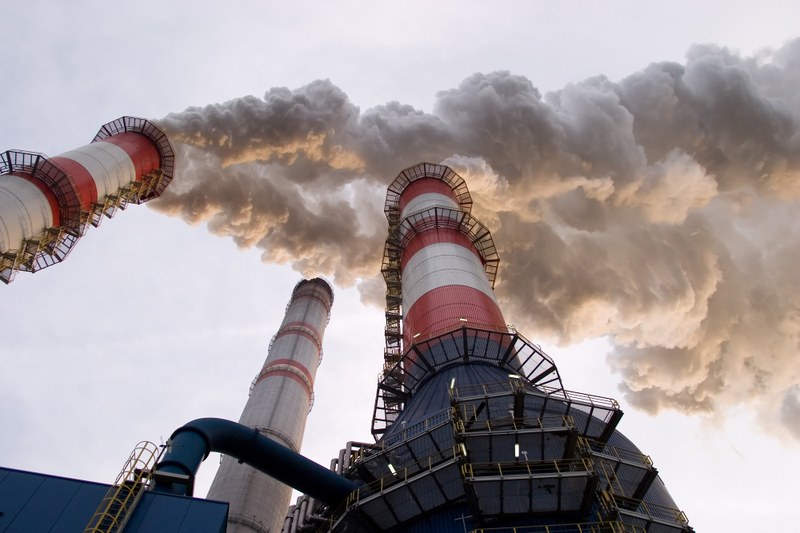The Devastating Reality of Pollution

The Devastating Reality of Pollution: Understanding its Adverse Effects on the Environment and Human Health
Pollution is a pervasive and insidious threat to the health of our planet and its inhabitants. The World Health Organization (WHO) estimates that 9 out of 10 people worldwide breathe polluted air, resulting in 7 million premature deaths annually [1]. The alarming statistics highlight the urgent need to address the issue of pollution and its far-reaching consequences.
What is Pollution?
Pollution is the introduction of harmful substances or contaminants into the environment, which can cause adverse effects on human health, wildlife, and ecosystems. The main types of pollution are:
- Air Pollution: The release of pollutants into the atmosphere, such as particulate matter, nitrogen dioxide, and sulfur dioxide, which can cause respiratory problems and other health issues.
- Water Pollution: The contamination of water sources, including rivers, lakes, and oceans, with pollutants such as chemicals, heavy metals, and microplastics, which can harm aquatic life and human health.
- Land Pollution: The degradation of soil and land through the disposal of waste, including plastics, chemicals, and other hazardous materials, which can contaminate soil and groundwater.
Adverse Effects of Pollution on the Environment
Pollution has a profound impact on the environment, causing:
- Climate Change: The release of greenhouse gases, such as carbon dioxide and methane, contributes to global warming and climate change, leading to rising sea levels, more frequent natural disasters, and altered ecosystems.
- Loss of Biodiversity: Pollution can lead to the extinction of species, as habitats are destroyed and ecosystems are disrupted, compromising the delicate balance of nature.
- Soil Degradation: The contamination of soil through pollution can reduce its fertility, affecting agricultural productivity and food security.
Adverse Effects of Pollution on Human Health
Pollution also has severe consequences for human health, including:
- Respiratory Problems: Air pollution can cause respiratory issues, such as asthma and chronic obstructive pulmonary disease (COPD), while water pollution can lead to gastrointestinal problems and other health issues.
- Cancer: Exposure to pollutants, such as chemicals and heavy metals, can increase the risk of cancer, while air pollution can cause lung cancer and other types of cancer.
- Neurological Damage: Exposure to pollutants, such as pesticides and heavy metals, can cause neurological damage, including cognitive impairment and neurodegenerative diseases.
Causes of Pollution
The main causes of pollution are:
- Human Activities: The burning of fossil fuels, industrial processes, and agricultural activities release pollutants into the environment.
- Population Growth: The increasing global population puts pressure on natural resources, leading to increased pollution.
- Lack of Regulations: Inadequate regulations and enforcement allow pollution to continue unchecked.
Solutions to Pollution
To mitigate the effects of pollution, we must:
- Reduce, Reuse, Recycle: Implementing sustainable practices, such as reducing waste, reusing materials, and recycling, can significantly reduce pollution.
- Transition to Renewable Energy: Shifting to renewable energy sources, such as solar and wind power, can reduce greenhouse gas emissions and air pollution.
- Implement Regulations: Strengthening regulations and enforcement can prevent pollution and hold polluters accountable.
Conclusion
Pollution is a pressing issue that requires immediate attention and action. By understanding the causes and effects of pollution, we can work towards creating a cleaner, healthier environment for future generations. It is essential to adopt sustainable practices, transition to renewable energy, and implement regulations to mitigate the adverse effects of pollution.





